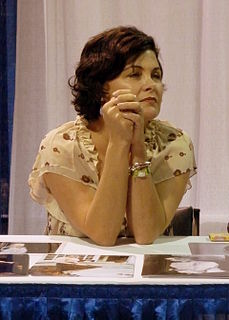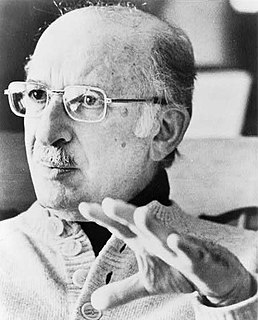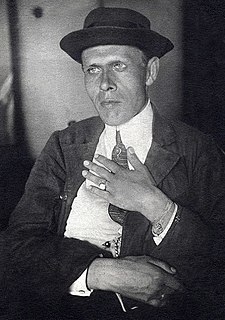A Quote by Geoffrey Rush
I've discovered I prefer to prepare a few notes or actually write the speech so I can really hone it down to hopefully be entertaining, try and get a laugh at least by the second line, and then say what you need to say.
Related Quotes
I’ll write down little lines, I always say, 'K.T.N.,' and I say that to my receivers and running backs and that means 'keep taking notes.' That keeps me alert. That keeps me going. That keeps my drive there, even when you’re taking notes on something that you’ve already taken notes on a million times - keep taking notes.
What people who don't write don't understand is that they think you make up the line consciously — but you don't. It proceeds from your unconscious. So it's the same surprise to you when it emerges as it is to the audience when the comic says it. I don't think of the joke and then say it. I say it and then realize what I've said. And I laugh at it, because I'm hearing it for the first time myself.
I try to be fair, and I try not to be cruel or mean when I'm interviewing someone. But you have to push a few buttons. When you're on a roll and you're making a person laugh, you can say things that are truthful about them, and then they'll laugh at them as well. Otherwise, it might just sound like you're attacking them.
What I do usually is read the book first, for pleasure, to see if my brain starts connecting with it, as a movie. And then, if I say yes, I read it again, only this time I take a pen and, inside the book, I say, "Okay, this is a scene. I don't need this. I'm going to try this. I'm not going to take this." And then, I use that book like a bible and each chapter heading, I write a menu of what's in that chapter, in case I ever need to reference it. And then, I start to outline and write it. I get in there and it starts to evolve, based on having re-read it again.
I don't want to get too much into my personal relationships but I will say I am actually doing the single thing right now. I want someone that I can have fun with and laugh with. I love to laugh and I'm really sarcastic, so it's important that she can take a joke. I think if you are going to be with someone for a while you really need someone you can let loose with and let go of all the stress of the day.
Of death, my father has always said that the best conditions are the ones in which you have plenty of time to prepare - to say what you need to say; to arrange your estate - and the ones in which you get to choose, or at least have some knowledge of, how and when it might happen. One can't elude death, but one can have a good death.



































